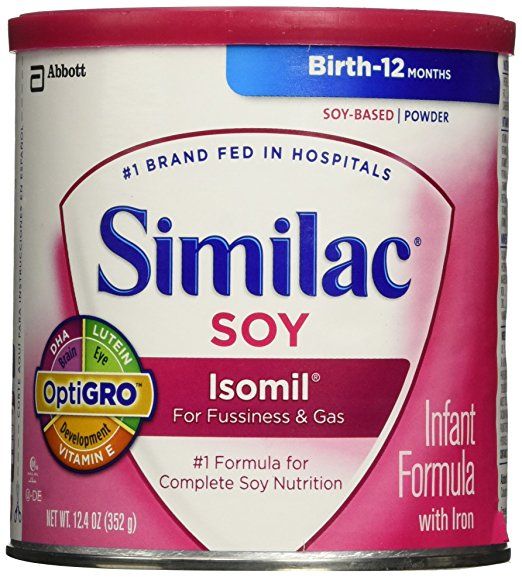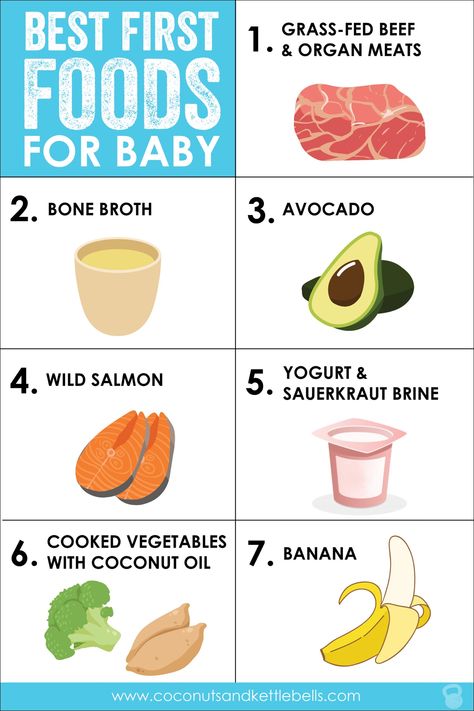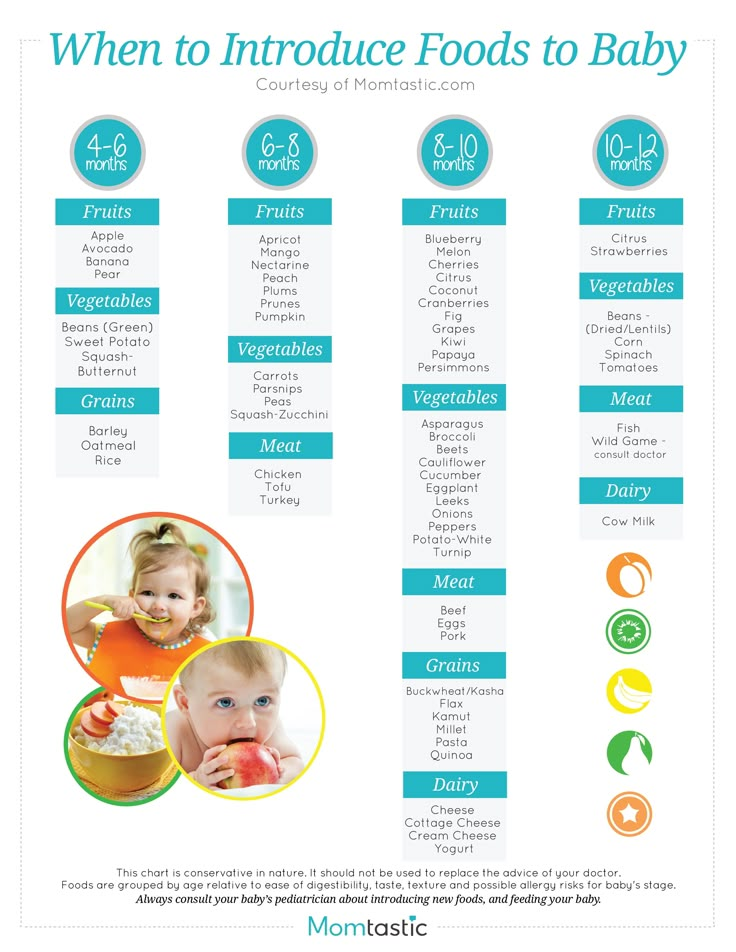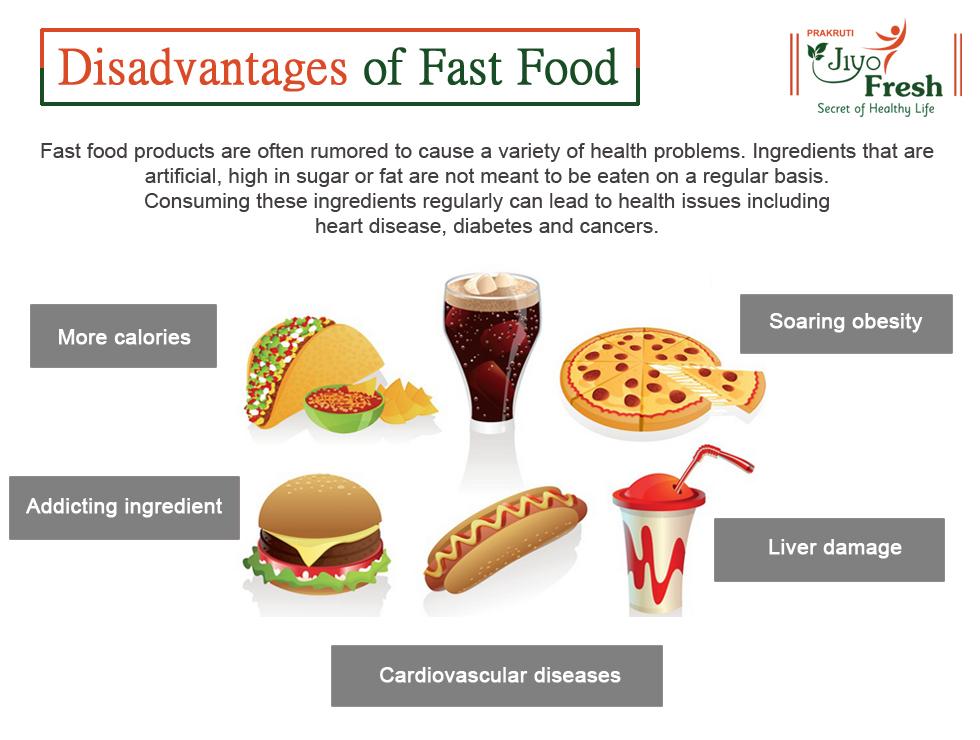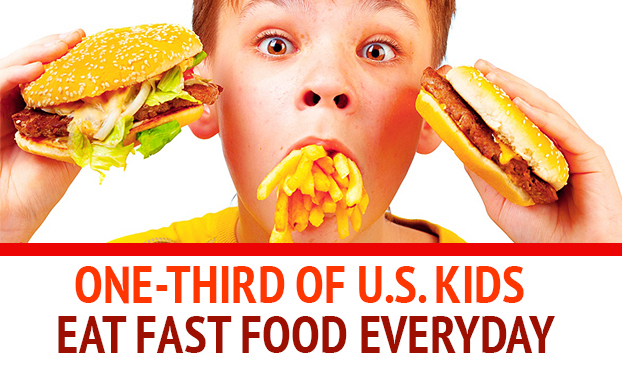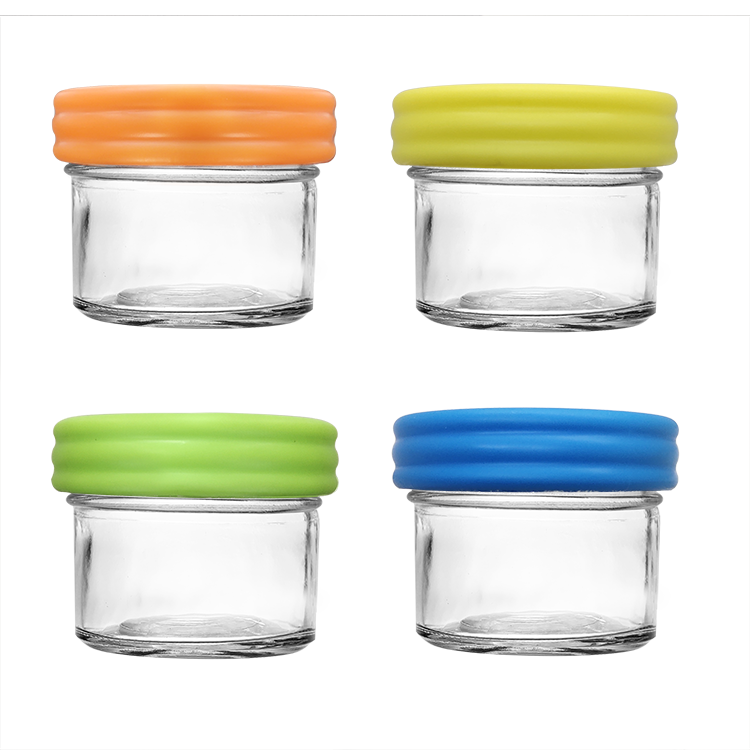Feeding baby soy formula
Is Soy Formula Safe for Your Baby?
Soy formula is an increasingly popular alternative to cow’s milk formula.
Some parents prefer it for ethical or environmental reasons, while others believe it may reduce colic, prevent allergies, or reduce their child’s risk of disease later in life (1, 2, 3).
However, the use of soy formula comes with a few risks and may not be a safe feeding option for all babies.
This article reviews the latest research to determine whether soy formula is safe for your baby.
All baby formulas are required to fulfill certain criteria regarding their composition, purity, and nutrient content (4, 5).
This regulatory process helps ensure that all baby formulas meet a baby’s nutritional needs, regardless of what they’re made from.
As such, soy formulas contain the same amount of calories and important nutrients as other types of baby formulas. Therefore, they have the same ability to meet a baby’s growth and developmental needs.
summaryThe nutrition composition and safety of baby formulas are strictly regulated. This ensures that all formulas on the market, including soy formulas, equally meet a baby’s growth and developmental needs.
Some parents who prefer soy formula believe it’s the most beneficial choice for their child’s current and future health.
This belief may stem from studies linking soy-rich diets to a lower risk of certain diseases, including type 2 diabetes and heart disease in adults (6, 7, 8, 9).
However, there’s currently insufficient evidence demonstrating that soy formula use in infancy reduces a baby’s risk of developing these diseases later in life (1, 2, 3).
Similarly, there’s no strong evidence that soy formula reduces digestive issues like colic or offers any additional protection against allergies. Therefore, more research is needed before strong conclusions can be made (3, 10).
On the other hand, experts agree that soy formula is the most appropriate choice for full-term babies with galactosemia or hereditary lactase deficiency — two medical conditions that prevent babies from breaking down the natural sugars in cow’s milk (1, 2).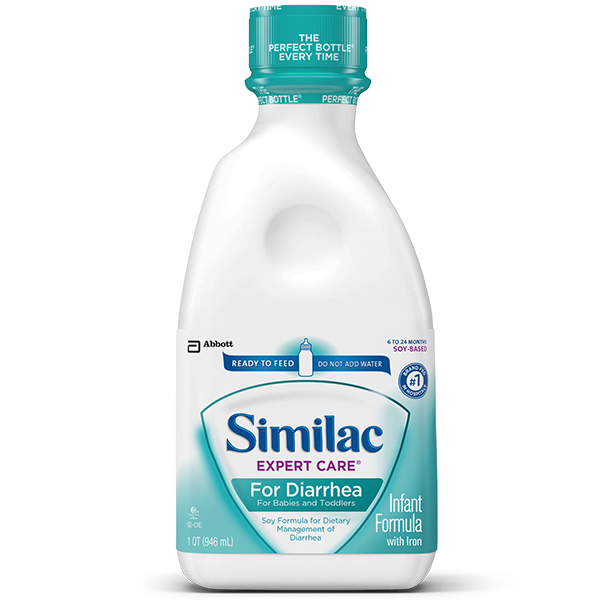
Soy formula is also the most appropriate choice for vegan families. Although the vitamin D3 in most soy formulas is currently sourced from sheep lanolin, they’re the closest available option to fully vegan baby formula.
summaryMany believe that soy formula use in infancy reduces colic, allergies, and the risk of disease later in life, but more research is needed to confirm this. Soy formula is the best feeding choice for vegan families and babies with specific medical conditions.
Soy formulas are naturally rich in isoflavones –– a plant compound with a structure similar to that of the hormone estrogen. Estrogen is, in large part, responsible for female sexual development (11).
Babies fed soy formula typically receive more soy isoflavones than babies who are breastfed or given cow’s milk formula. They also tend to consume more soy isoflavones than adults who enjoy soy as part of a diverse diet (3, 12).
Hence, some fear that soy formula may have estrogen-like effects at a time in development when estrogen levels are typically low.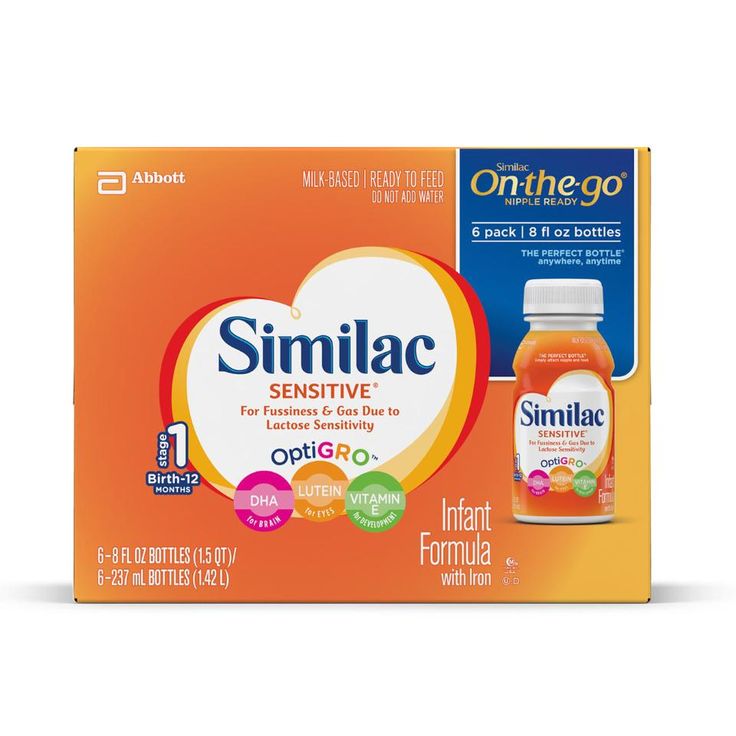 This fear is fuelled by older animal studies reporting various abnormalities in animals exposed to soy isoflavones (13, 14, 15, 16, 17).
This fear is fuelled by older animal studies reporting various abnormalities in animals exposed to soy isoflavones (13, 14, 15, 16, 17).
However, it’s important to note that estrogen is much more potent than soy isoflavones, and that animals metabolize soy isoflavones differently than humans (3, 18, 19).
This could explain why human studies haven’t typically observed any significant long-term effects in soy formula-fed babies, including little to no difference in sexual development or brain, thyroid, and immune function (3, 20, 21, 22).
summarySoy isoflavones are often believed to negatively affect a baby’s sexual, immune, or brain development. However, human studies have found little to no differences in development between babies fed soy- or cow’s-milk-based formula.
The use of soy formula may raise a few additional concerns.
Higher aluminum and phytate levelsSoy-based formulas tend to contain higher levels of aluminum than breastmilk and cow’s milk formulas.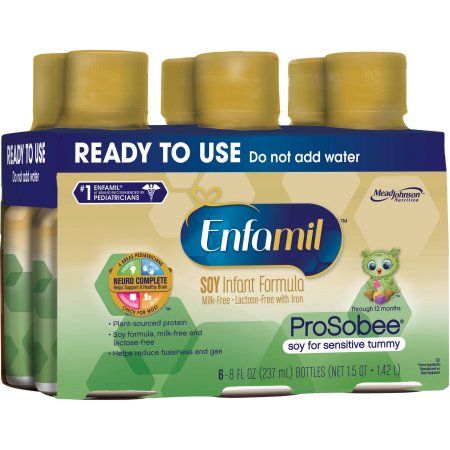 High aluminum levels may negatively affect a baby’s brain and bone mass development (11).
High aluminum levels may negatively affect a baby’s brain and bone mass development (11).
Preterm babies, as well as babies with birth weights below 4 pounds (1.8 kg) or reduced renal function, appear to be most at risk. On the other hand, healthy babies born to term do not appear to be at risk (1).
Soy is also naturally rich in phytates, a compound that can reduce the body’s ability to absorb the nutrients found in foods. In theory, this may cause babies fed soy formula to receive fewer nutrients, although no studies currently confirm this (11).
May cause slightly longer, heavier, or more painful periodsA few studies suggest that girls fed soy formula as babies may experience longer, heavier, or more painful periods. One study also links soy formula use to a higher risk of endometriosis (23, 24, 25, 20).
However, these effects appear to be minor. For instance, one study found the onset of menstruation to be an average of 5 months earlier, and that longer periods lasted an average of 9 hours longer (20).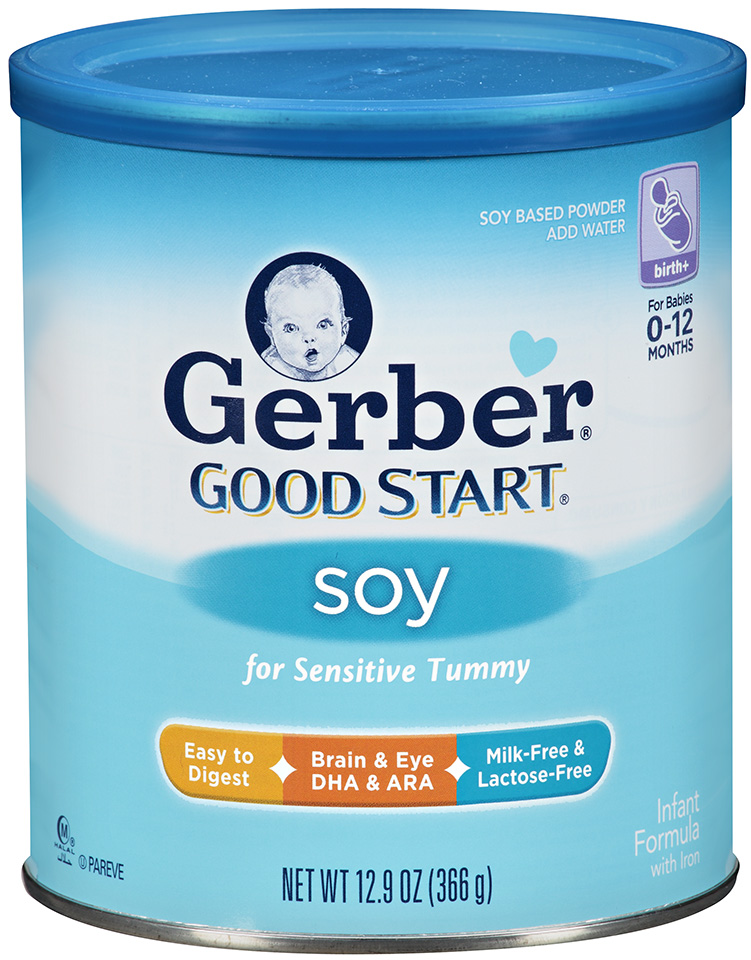
One recent study notes that babies fed soy formula from birth to 9 months appear to experience differences in gene activation and changes in their vaginal cells, compared with babies fed cow’s milk formula (26).
Still, more research is needed to determine whether these differences result in any significant long-term health implications.
summarySoy formula is linked to a higher risk of endometriosis and slightly longer, heavier, or more painful periods, although differences appear minor. Moreover, its higher aluminum levels may pose a risk to certain babies.
Soy formula has been used to safely feed healthy babies for more than 100 years with few reports of long-term health problems. Thus, it can be considered an appropriate feeding choice for most babies (1, 3).
However, health organizations don’t recommend its widespread use, as it’s considered to offer little nutritional advantage over cow’s milk formula.
Therefore, soy formula use is typically only recommended for vegan families or those with full-term babies with galactosemia or hereditary lactase deficiency (1, 2).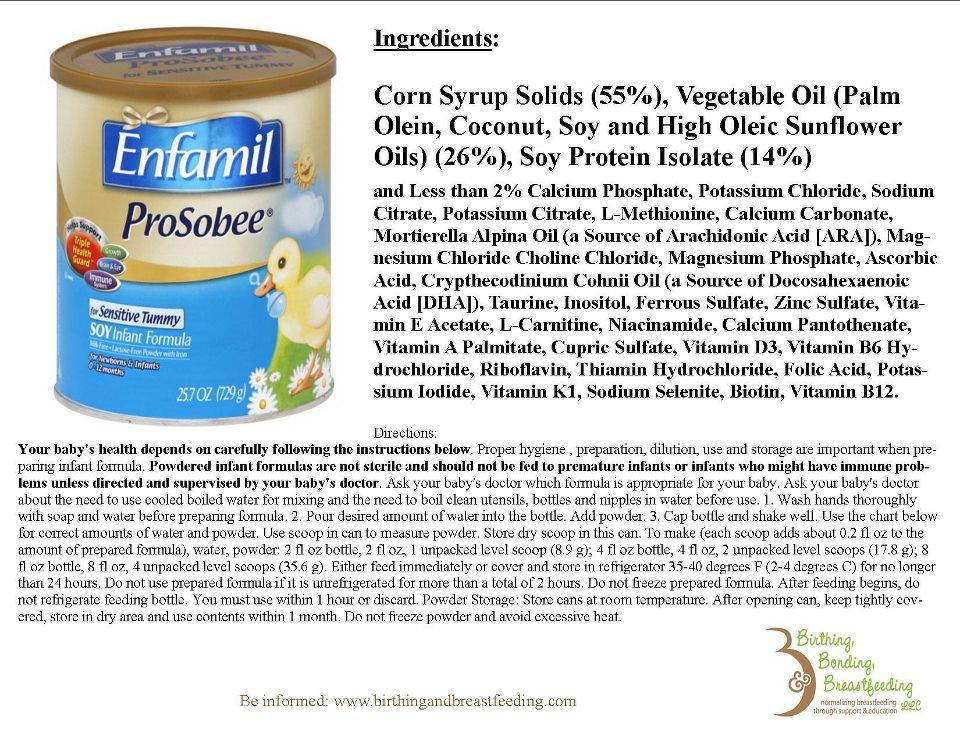
That said, vegan families and parents of such children should consult a healthcare professional to determine whether a soy-based formula is the best option.
summarySoy formula may be an appropriate choice for some healthy infants. However, health organizations only specifically recommend its use for vegan families or those with full-term babies with galactosemia or hereditary lactase deficiency.
Soy formula isn’t a good choice for all babies.
Although considered safe for healthy, full-term infants, the higher aluminum content of soy formula may cause weaker bones in babies born pre-term, with birth weights below 4 pounds (1.8 kg), or with reduced renal function (1, 2).
Moreover, soy formula may not be a good choice for babies with an intolerance or allergy to cow’s milk protein, as up to half of these children may develop an intolerance to soy protein as well when given soy-based formulas. Thus, hydrolyzed formulas may be a better option (27).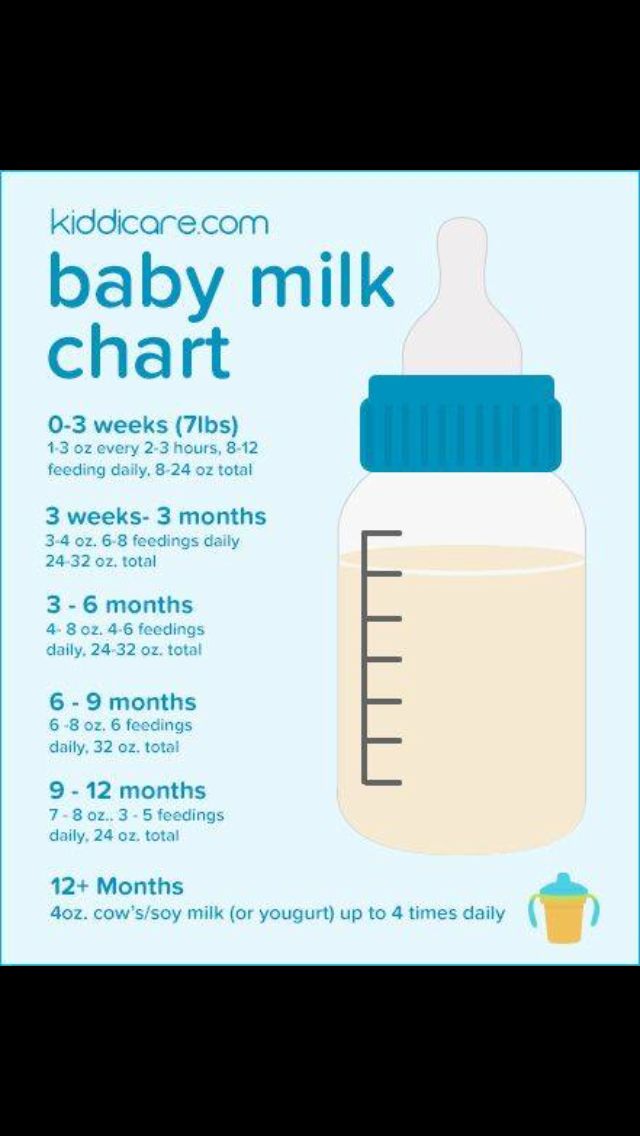
Health authorities specifically highlight that although soy formula may be used to help babies grow and develop optimally, it generally doesn’t confer any advantages over a cow’s-milk-based formula.
This is why they typically recommend that healthy babies from non-vegan families and babies who do not have galactosemia or a hereditary lactase deficiency choose cow’s milk formula (1, 2).
summarySoy formulas are likely not appropriate for pre-term babies born, nor those born with poor renal function or a low birth weight. They may also not be the best choice for infants with cow’s milk allergy or intolerance.
Soy formula is likely safe for most healthy babies. It’s just as nutritious as other types of formula and likely the most beneficial choice for vegan families and babies with galactosemia or hereditary lactase deficiency.
Against popular belief, the evidence doesn’t support the claim that soy formula prevents colic or allergies or helps protect from disease later in life.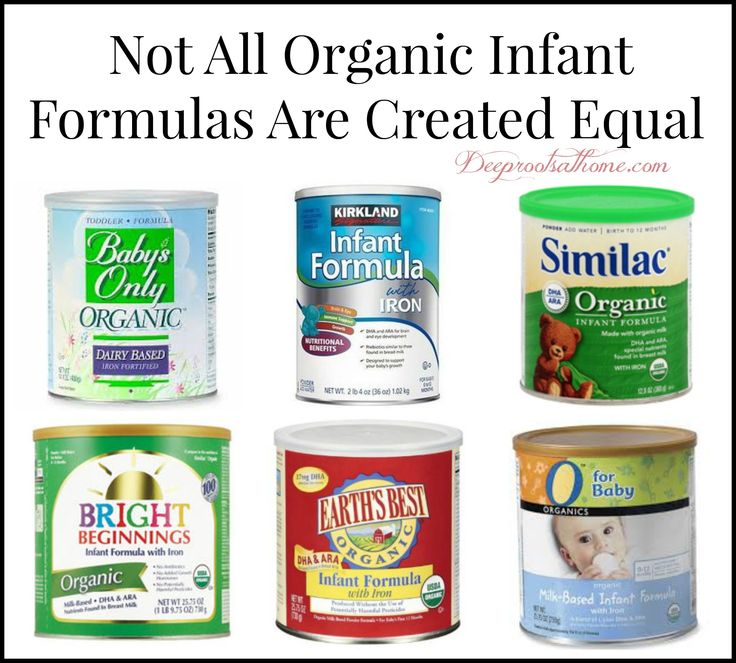
Moreover, soy formula is not an appropriate choice for babies born prematurely, nor those with low birth weights, poor renal function, or a cow’s milk allergy.
When in doubt, make sure to consult a qualified healthcare provider to determine which baby formula is most appropriate for your baby.
Soy-based formula for babies | BabyCenter
Soy formula is made with soy protein and can be used as a substitute for breast milk or cow's milk formula.
Just like formula made from cow's milk protein, soy formula is regulated by the U.S. Food and Drug Administration and meets all of a baby's nutritional needs. But it's only recommended in specific circumstances, like for babies with certain health conditions that make them unable to properly digest the components in cow's milk.
Is soy formula safe?
Soy formula is safe for babies to drink. But there are some concerns about soy formula that are important to consider, so pediatricians usually don't recommend it.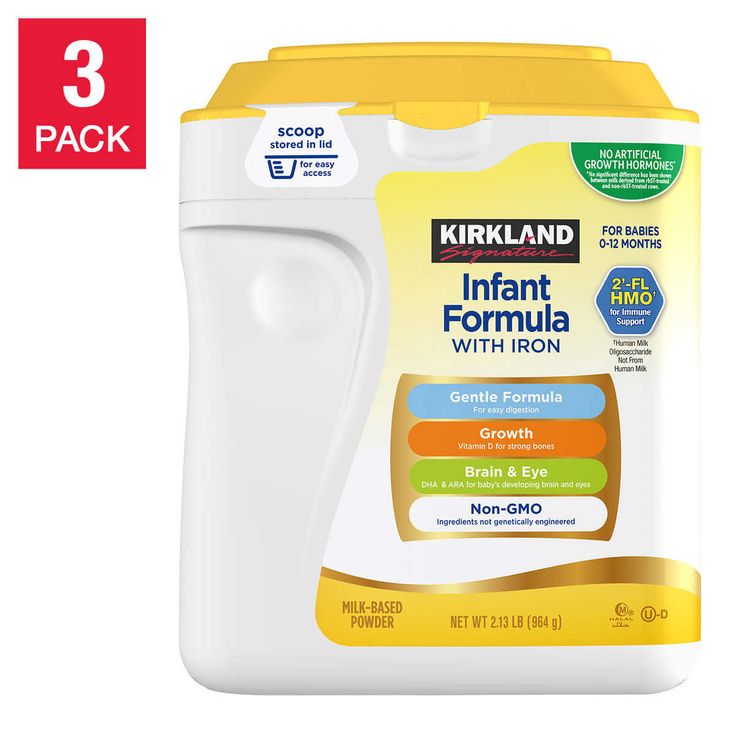
Concerns about soy formula include:
- Hormonal effects. Soy contains phytoestrogens, which are plant chemicals that can act like estrogen in the human body. Some studies suggest phytoestrogens may cause changes to reproductive system tissue, but more research is needed to determine long-term effects.
- Aluminum. Soy formula contains higher levels of aluminum than cow's milk formula, which may negatively affect bone mass development. For this reason, pediatricians say it isn't safe to give premature babies soy formula. Healthy, full-term babies (born at 39 weeks or later) don't appear to be at risk of aluminum overexposure from soy formula.
Keep in mind, too, that while soy formula is safe for babies, soy milk is not. In the first year, stick to formula and breast milk, which contain the nutrients babies need to grow and develop.
Why you might use soy formula
It isn't common for pediatricians to recommend soy formula, but there are some circumstances in which it may be the best option.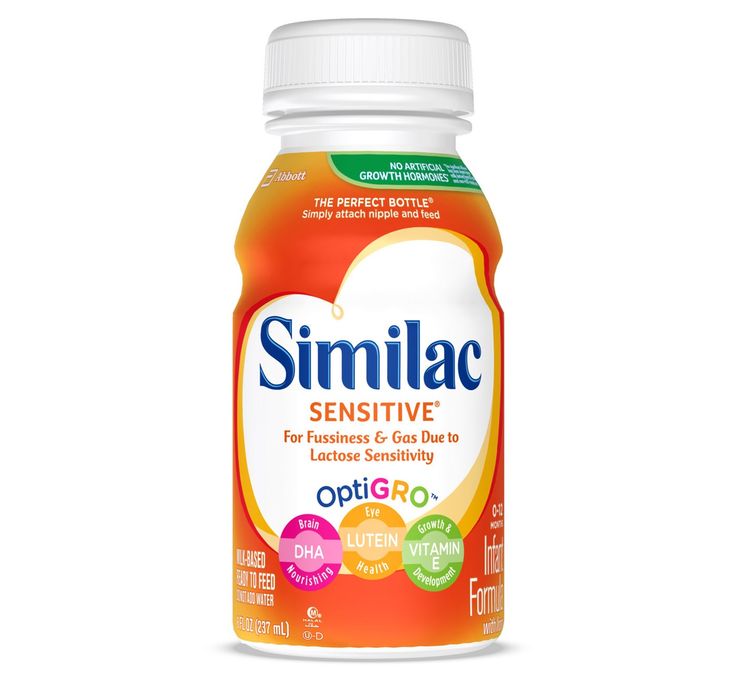 Health conditions that may require using soy formula include:
Health conditions that may require using soy formula include:
- Lactose intolerance. Babies who are lactose intolerant don't produce enough of a particular enzyme called lactase and can't properly digest milk. Lactose intolerance is extremely rare in babies, but if it does happen, your baby's doctor may recommend soy formula.
- Galactosemia. This is a rare hereditary condition that prevents the body from properly breaking down the sugar in milk.
If your family is strictly vegetarian or vegan and doesn't eat dairy products, soy formula may also be an option.
Soy formula isn't recommended for babies who have a milk allergy since babies who are allergic to the protein in cow's milk will often also react to the protein in soy milk. Instead, your baby's pediatrician will most likely recommend a hydrolyzed formula, which is specially formulated so babies with milk allergies can digest it. Soy formula is also not recommended for babies who are at a high risk of food allergies in general, since soy is a common allergen.
Some parents may be curious about trying soy formula to relieve colic, gas, or fussiness in their little ones, but soy formula hasn't been proven to help address any of these issues. If you're concerned your baby's formula may be causing digestive issues, talk with your child's doctor.
When to avoid soy formula
Usually parents wonder about soy formula when their baby is sensitive or allergic to cow's milk protein (or potentially so), or when a baby is having trouble digesting lactose or milk sugar.
If you're wondering whether soy formula may be right for your baby, talk with your pediatrician. Don't switch to soy without talking to them first.
If your baby cries or is irritable during feedings or immediately afterward, or if they have diarrhea, they may have a formula allergy. Check with your baby's doctor if you think they're having problems digesting the formula; they may recommend trying soy formula or a special hypoallergenic formula.
advertisement | page continues below
Soy formula for infants and children with allergies | How to administer soy mixture correctly
Food allergies are common in children under one year of age.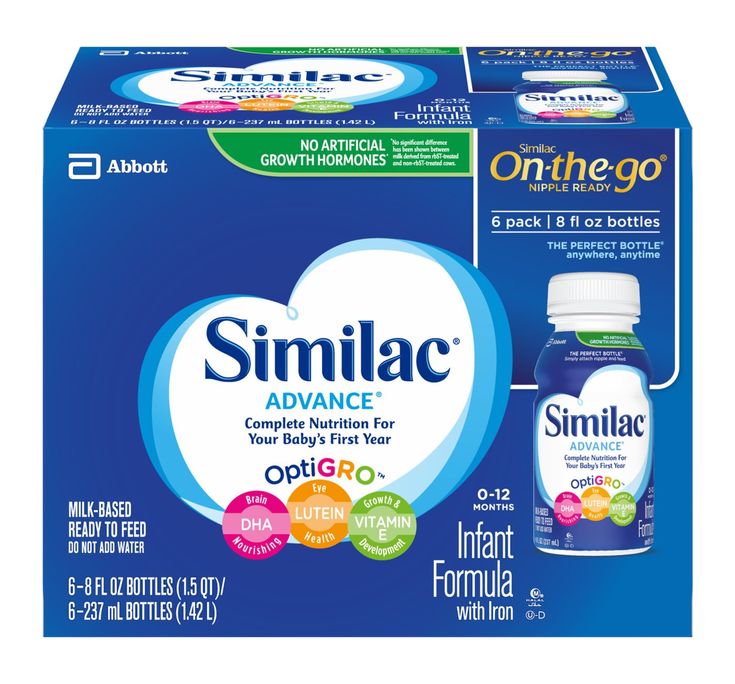 This is either due to the fact that the body is just learning to digest new food, or with impaired absorption of nutrients.
This is either due to the fact that the body is just learning to digest new food, or with impaired absorption of nutrients.
A pediatrician and tests will help determine the cause of a food allergy. And we'll talk about cases when we have to transfer artificial babies to soy formula. Such food belongs to the special category. At the same time, it is a complete replacement for dairy food for children with allergies.
When to prescribe soy formula
Soy infant formula is both lactose-free and dairy-free. This means that they do not contain two main allergens: lactose and casein.
Types of allergies in which babies are transferred to plant foods:
- lactase deficiency. This is the absence or very low activity of the lactase enzyme. Lactase is responsible for the digestion of lactose, the carbohydrate found in milk. And lactose is a source of energy in baby food.
- Allergy to casein - the inability of the body to digest animal protein - casein.
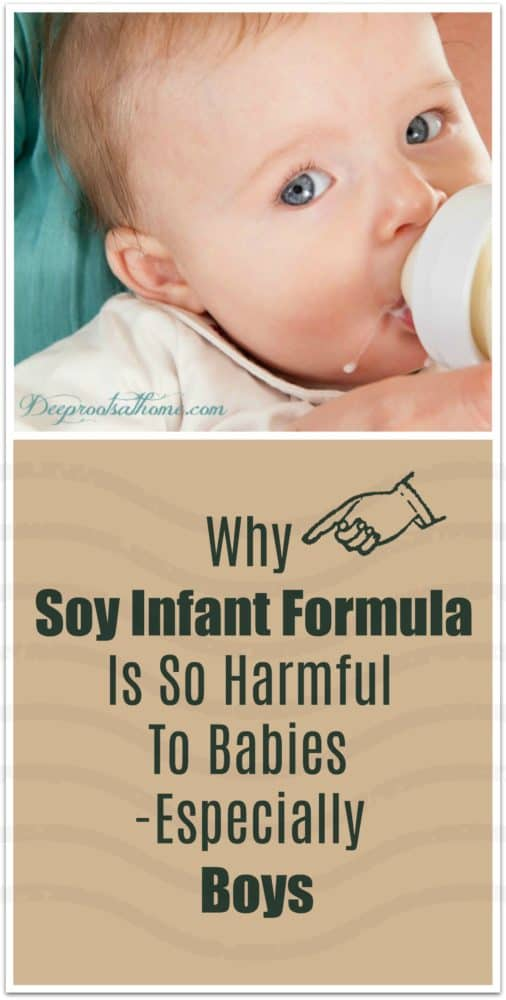 Casein molecules are large. The immature digestive system does not always cope with their splitting. Undigested food accumulates, acidification of the intestine occurs, and as a result, problems with stool and digestion. Casein allergy is diagnosed by a doctor as a result of a blood test.
Casein molecules are large. The immature digestive system does not always cope with their splitting. Undigested food accumulates, acidification of the intestine occurs, and as a result, problems with stool and digestion. Casein allergy is diagnosed by a doctor as a result of a blood test.
It is important to know that before switching to a soy product, you need to make sure that you are not allergic to soy. This is rare, but it does happen. To do this, take a blood test.
If neither milk nor vegetable formula is suitable for the baby, the pediatrician will recommend hypoallergenic or hydrolyzed products in which proteins are split into their constituent amino acids.
How to administer soy formula
The transition to a new diet should be gradual. Except in cases of acute milk intolerance, when it is better to replace the mixture at once.
Read about the correct seven-day transition scheme in our article. And be sure to follow your pediatrician's recommendations.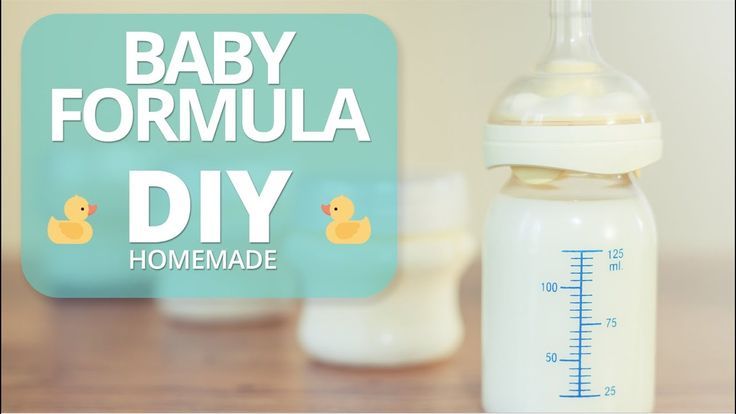
Myths and truths about soy formula and soy in baby food
About a dozen myths have formed around soybeans. Below, we will look at the main ones and separate the truth from unfounded fears.
Soy blends contain GMOs.
Indeed, there is an idea that all soy that is grown in the world contains GMOs. However, when it comes to children's products, the use of GMOs is out of the question. There is a document of the customs union TR CU 021/2011 “On food safety” for this, which contains a ban on the use of genetically modified foods for the nutrition of children, pregnant and lactating women. The implementation of this standard is controlled by the state.
For example, Materna Soy is produced under the supervision of the Israeli Ministry of Health and the Chief Rabbinate of the country and does not contain GMOs.
Soybeans contain phytoestrogens, which negatively affect the development of the baby.
They are indeed found in plant-based baby products in quantities that the baby is able to absorb.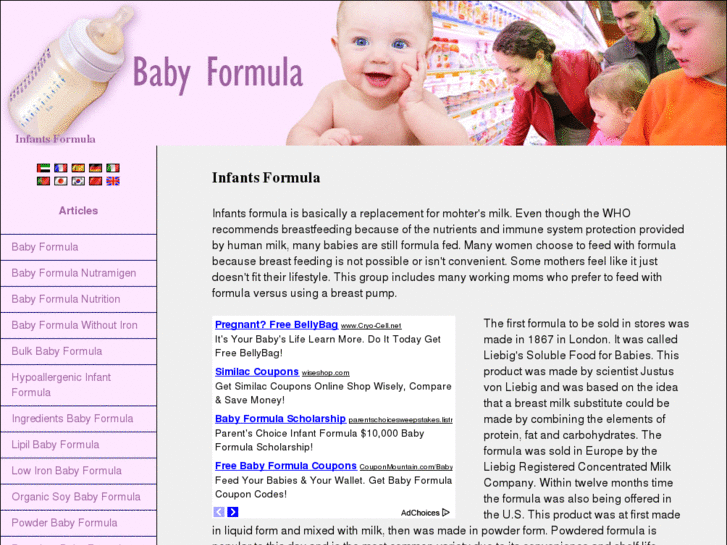 Their positive property is to protect against viral diarrhea. The amount of phytoestrogens is regulated by the norms of the Ministry of Health and does not exceed the maximum allowable level in children's food.
Their positive property is to protect against viral diarrhea. The amount of phytoestrogens is regulated by the norms of the Ministry of Health and does not exceed the maximum allowable level in children's food.
Increased aluminum content in soy mixtures
It is enough to read the composition on the package to understand that aluminum is not there and cannot be. Vegetable protein is cleaned of all impurities and added in its pure form.
Vegetable protein does not contain the entire complex of essential amino acids
If we talk about soy protein, then it contains all the essential amino acids in an amount only 4% less than animal protein.
Protein isolate, which is added to baby food, is easily absorbed by the body. An isolate is a form of protein that has been purified from all impurities. In addition, manufacturers monitor the balance of the nutritional composition and add all the components required for healthy development.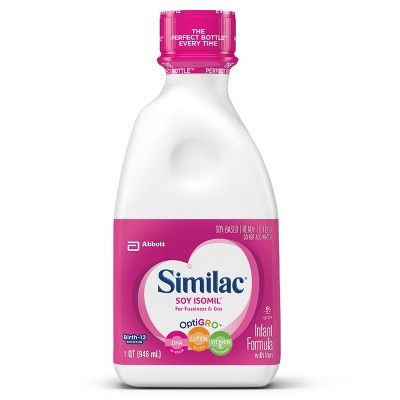
Do not feed soy food for a long time
Pay attention to what manufacturers write on packages and listen to the advice of a pediatrician. Some products are medical nutrition, but there are those that become a full-fledged replacement for milk for the entire period of artificial feeding, such as Materna Soy.
Herbal mixtures are mixtures based on soy milk.
This is an incorrect statement. Milk is a liquid obtained from water and ground beans of the soybean plant. Only purified protein isolate is added to children's products. And additionally enriched with the necessary components. Therefore, this food is not infant formula with soy milk. It would be more accurate to say - based on soy protein.
Benefits of soy formula for babies
This food is a delicious alternative to hydrolyzed foods. And a real salvation for allergic babies who cannot digest milk. The mixture of soy is sweetish in taste, and the hydrolysates are bitter.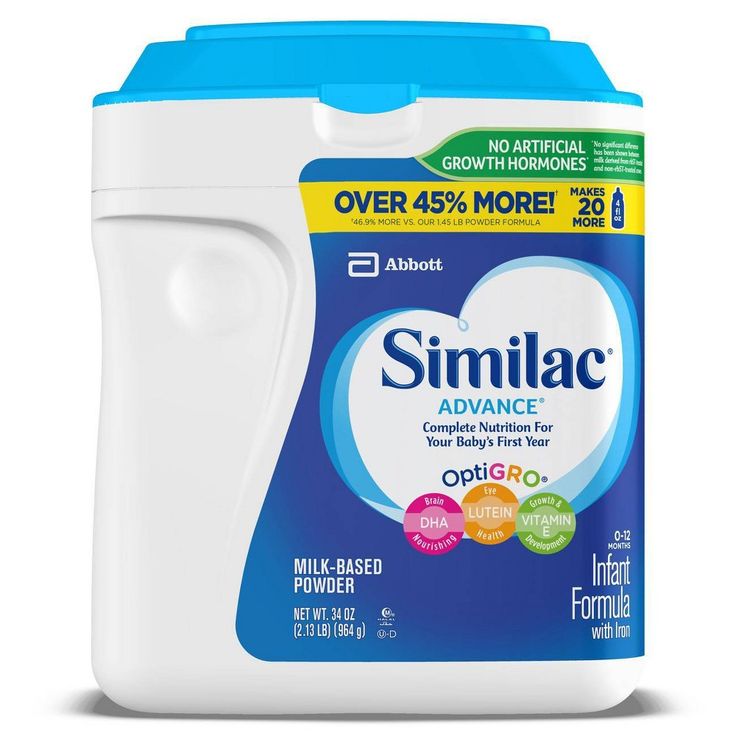 It is only important to make sure that you are not allergic to soy.
It is only important to make sure that you are not allergic to soy.
Still, it is worthwhile to understand that the best food for healthy babies will be milk baby food if breastfeeding is not possible. It is worth switching to plant foods only if there are medical indications on the recommendation of a doctor.
Soy mixtures | Nutrilak
10/29/2022 Reading time: 6 minutes 1233
Contents of article
- How soy formula differs from standard milk formula
- When can I give soy formula to my baby?
- Is it possible to feed a healthy child with soy formula
Soy Based Blend is created from soy seeds, the richest in protein and essential amino acids. That is why this culture is chosen as a source for baby food.
That is why this culture is chosen as a source for baby food.
How does soy formula differ from standard milk formula
The main differences in composition are shown in the table below.
| Index | Standard milk formula | Soy Blend |
|---|---|---|
| Protein | animal | vegetable |
| Methionine | in sufficient quantity | additional input required |
| Amount of protein | from 1.2 g | from 1.5 g |
| Lactose | over 63% | missing |
| Galactose | contains lactose | missing |
| Fat | composition of different fats | only vegetable oils |
Despite the fact that soy proteins are similar in composition to beef proteins, they are less digestible.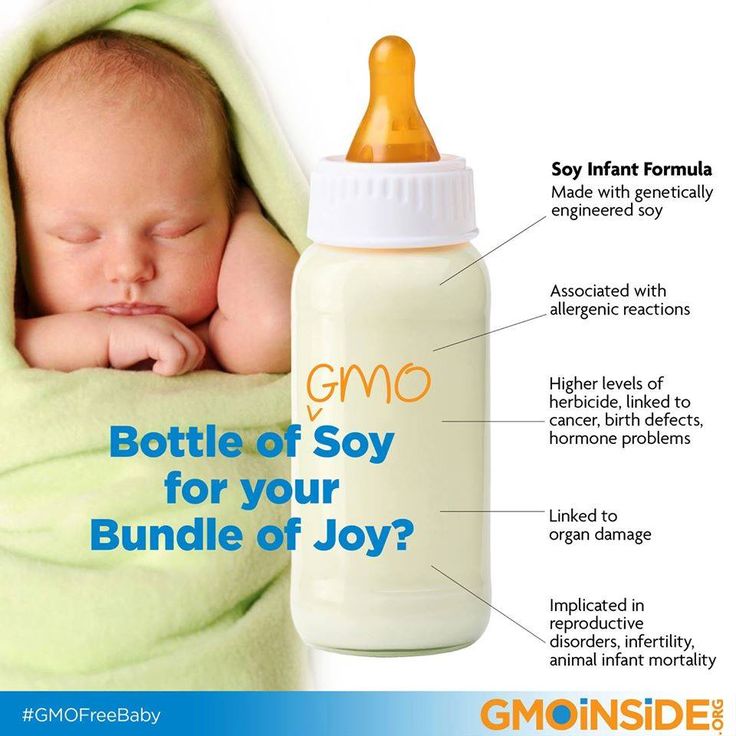 Therefore, soy formula contains a higher amount of protein than standard infant formula (DMS). Only natural soybeans, not genetically modified, are allowed for use in the production of baby food.
Therefore, soy formula contains a higher amount of protein than standard infant formula (DMS). Only natural soybeans, not genetically modified, are allowed for use in the production of baby food.
In addition, pure soy raw materials are never used. It needs additional processing and purification. And in baby food, only soy protein isolate and soy oil rich in phospholipids are used.
When can I give soy formula to my baby?
The use of soy mixtures is permissible from birth, but only under strict indications:
- Galactosemia
- Lactose intolerance (lactase deficiency)
- Cow's milk protein intolerance
This is important!
Indications for use are dictated by the peculiarities of the composition of soy mixtures: without lactose and cow's milk proteins.
The use of a plant-based mixture from birth is strictly individual and only on the recommendation of a doctor.
Is it possible to feed a healthy baby with soy formula
Yes, but in part and in exceptional cases in full, for example, due to the beliefs of parents and adherence to strict vegetarianism.